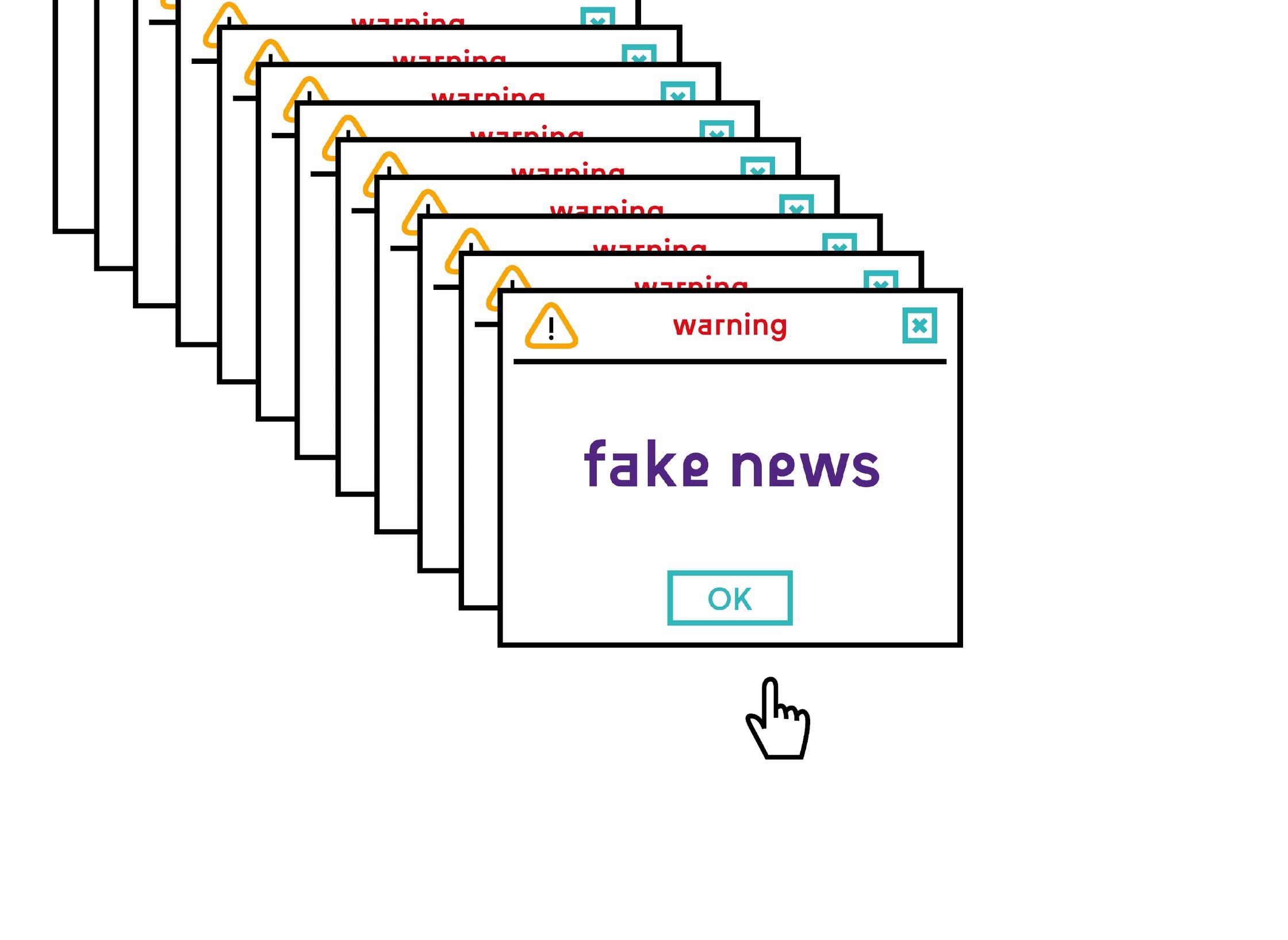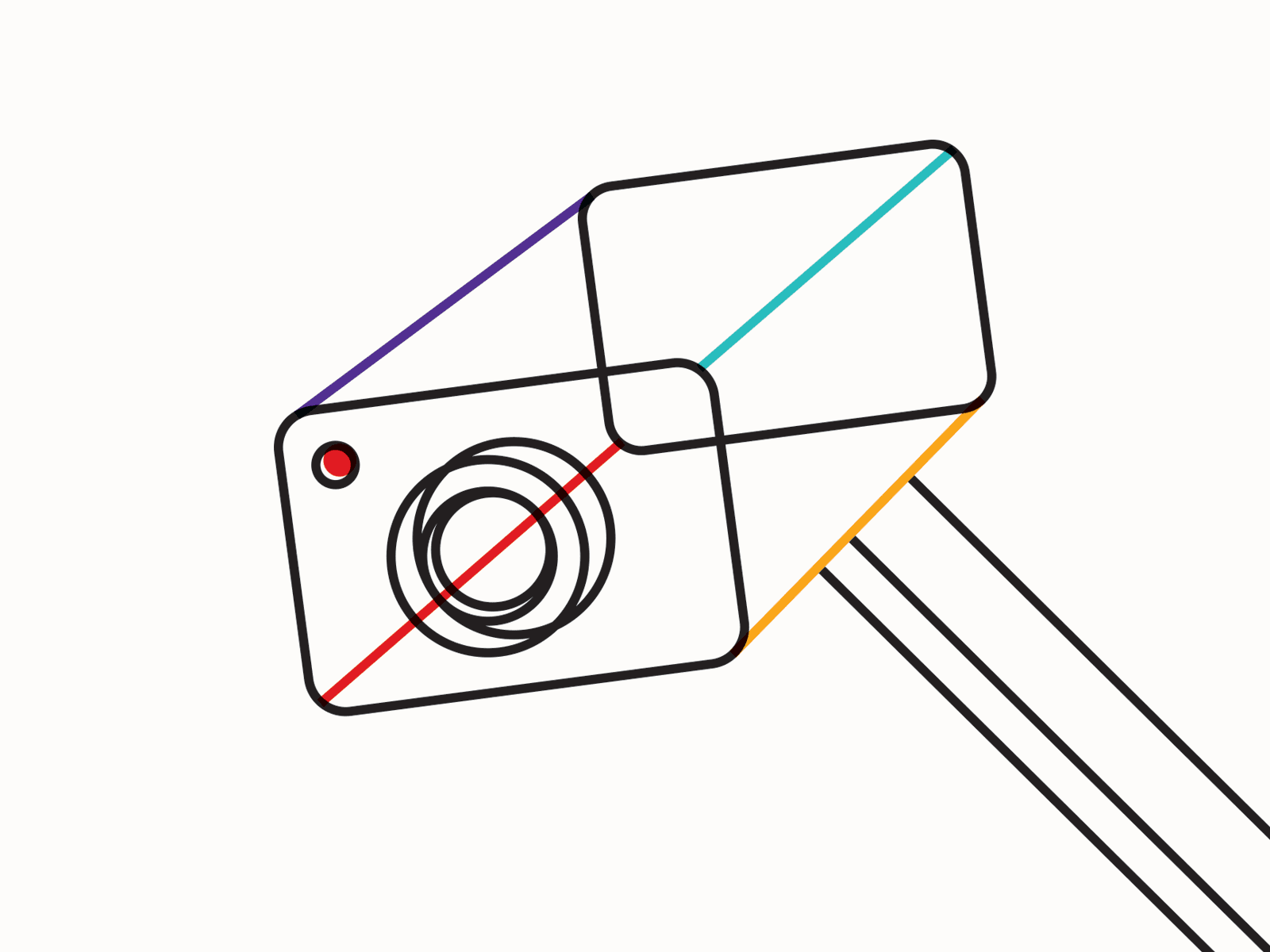In this blog series 'DO worry, be happy!', we talk to experts in the field of technology, innovation and ethics about new developments. On the basis of current events, we ask them to explain why we are worried about how technology will shape the future. But don’t be afraid, we are also looking for ways to take over the direction that technology is taking us. So DO worry, but be happy!
Reason
There has been a recent surge of faked media objects on the internet as the result of an easier access to technologies enabling face swapping, facial manipulation or voice impersonation. Those media objects hold the potential to seriously damage the already fragile current state of trust in information, while posing new challenges not only for media professionals but also for the audience. Those technologies seem to be on their way to create an environment where we will inevitably have to question everything we see or hear.
For the fifth part of this series, we spoke about those faking technologies to Jeanine Reutemann to see if there is a fair reason to be worry. Jeanine is a researcher, filmmaker, lecturer and start-up founder driven by the will to investigate the interweaving between new media technologies and society.
What is the problem here?
"The big impact of tech development like deepfake, text-to-speech, audio-to-audio and co. lies in the easy accessibility for everyone. In professional productions, such technology has been around for a while. Each new media tech that gets introduced into the marketplace will get used in unexpected ways - which is also positive in many ways. Though what is different with deepfake today, is the context in our digital age. In the bigger picture, deepfakes add another layer to our fake news and trust crisis. Deepfake is basically a fun weapon for trolls and others in the web."
Why should we worry?
"The digital nexus is somehow like a remix – all the traces of originals are getting harder to recognise, which is on one way positive and gives a feeling of collectiveness and connectivity. On the other hand, we're just experiencing a turmoil, a collective global crisis of mistrust in the digital world with digital nudging, uncertainty of data policy of #EvilCompanies, powerful facial recognition, geo-tracking and so on. The digital is in constant state of becoming - so I don't expect, that the rollercoaster ride will end soon, but rather that deepfake videos will add some speed to it."
How could we (as citizens) actually have a take or influence on such trend?
"If we should have learned something in the last few years, than it is clearly, that we need to raise our awareness on everything what we read, listen or watch. First, check your sources (really!). Secondly, moving images are another language; the better we understand it, the easier it is to detect forgeries. Although we consume a high amount of videos, it doesn't mean that we're experienced in the rhetorics of the audiovisual!
Our media literacy is a crucial aspect in this. A third point is to train your perception of speakers, to decode clearly what and how they speak. Facial expressions, and especially the so-called co-expressive, speech-related gestures are in a constant interplay with the verbal language of a speaker. Gesture studies have shown, that there's a direct feedback between what we say and show in our gestures and what we think. Deepening our understanding on how we communicate, will clearly help us to distinguish a deepfake video from an original."

